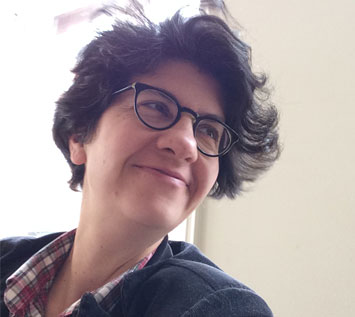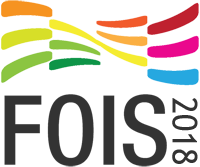 Semantic Web techniques for the study of large-scale philosophical corpora
Semantic Web techniques for the study of large-scale philosophical corpora
In this talk I present a novel, experimental and ongoing application of ontologies developed within *eIdeas*, a project aiming at creating a computational methodology for the history of ideas. The overall goal of *eIdeas* is to scale up research in humanities fields concerned with tracing concept drift in large textual corpora without sacrificing interpretive depth. The core idea is to combine top down and bottom up computational techniques, namely conceptual modelling for (expert) knowledge representation via description logics on the one hand, and NLP techniques (mostly word embeddings) on the other hand. In the application I will introduce, we use semantic web techniques (ontologies and reasoners) to help experts decide in favor or against alternative philosophical interpretations of a well-defined textual corpus. The corpus consists of a substantial part of the complete *oeuvre* of an important 19th century thinker, the Bohemian polymath Bernard Bolzano (1781-1848). I will cover general methodological considerations, validation, and results, and wrap up with challenges and future work.
Arianna Betti is Professor and Chair of Philosophy of Language at the University of Amsterdam, Institute of Logic, Language and Computation. After studying historical and systematic aspects of ideas such as _axiom_, _truth_ and _fact_ (_Against facts_, MIT Press, 2015), she now endeavours to trace the development of ideas such as these with computational techniques in a strongly interdisciplinary setting. She did research at the universities of Krakow, Salzburg, Graz, Leiden, Warsaw, Melbourne, Lund and Gothenburg and held research grants among others from the European Research Council, the Italian CNR, the Dutch NWO, and CLARIN-NL. She has been a member of the Young Academy of the Dutch Royal Academy KNAW, of the Global Young Academy, and other international organisations dealing with research policy and topics such as science and society, open access and sustainability of research.
